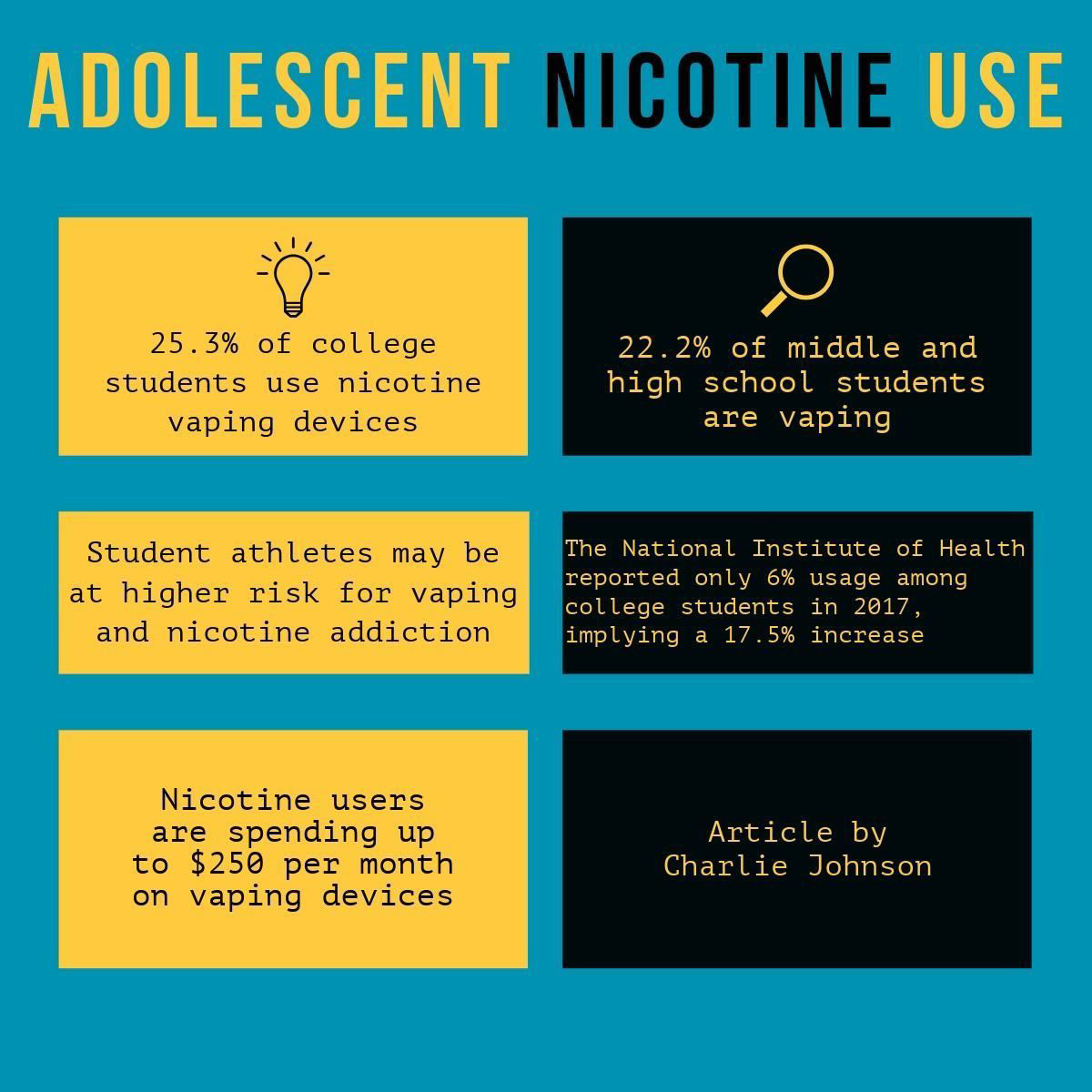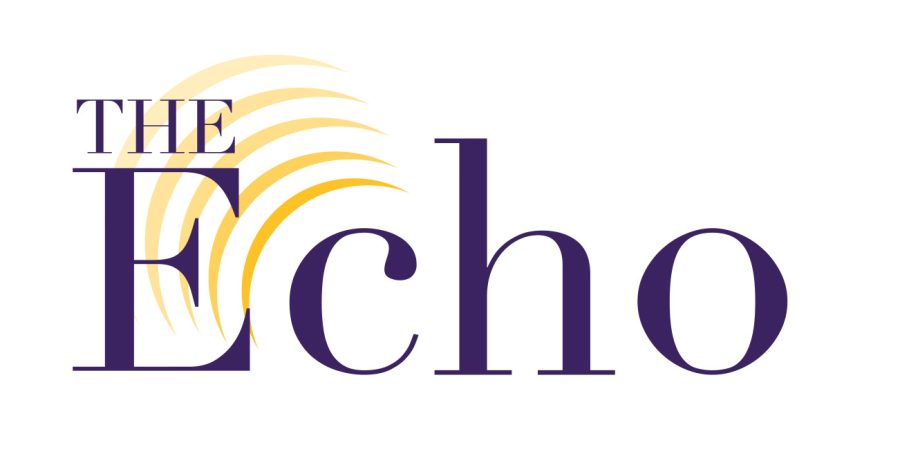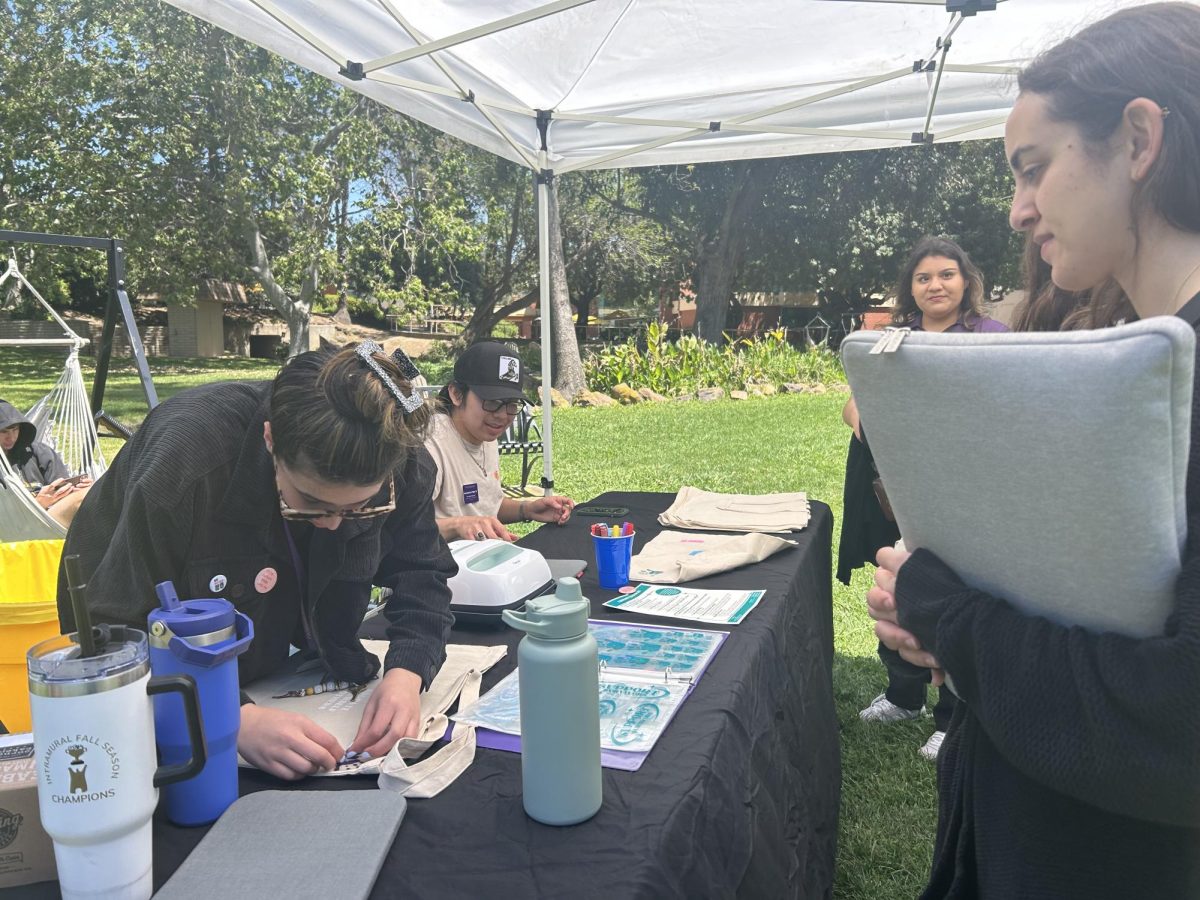“My thighs are too fat. I’m too short. My hair is too frizzy.” For most girls, it is impossible to look in the mirror without finding something to criticize.
This is not surprising in a world flooded with images of supermodels who are made even more flawless by the magic of Photoshop.
Aerie, a lingerie brand by American Eagle Outfitters, is promoting a more realistic idea of beauty through their spring 2014 advertising campaign.
All photos used in the campaign have not been retouched and show the models’ real curves and blemishes. Many images are also captioned prominently with the slogan, “The real you is sexy.”
One of the ads even features a letter from Aerie to young women, which expresses the message of the campaign.
Aerie explained in the letter that they “want every girl to feel good about who they are and what they look like…because there is no reason to retouch beauty.”
Aerie is also allowing women who shop on the company’s website to look at pictures of the products on models with measurements similar to their own before making a purchase.
The campaign sends women the message that beauty is not one-size-fits-all.
That message is one that is too hard to come by in the media.
According to Monica Gracyalny, who has a doctorate in communication, the typical flawless ad creates unrealistically high expectations, which damages self-esteem.
“Women look at these models as an ideal,” Gracyalny said. “People compare themselves to other people to figure out how they should feel about themselves. When comparing ourselves to these Photoshopped models, there’s just no way we could ever measure up.”
Not just women are facing an unrealistic standard, according to senior Gregg Foster.
“I definitely see the same effect for men,” Foster said. “Maybe not as much as women, but it’s there and it affects how you feel about yourself.”
It is time for the media to stop teaching the public that even models are not perfect enough.
Aerie’s campaign is an excellent start, but one set of “real” photos will not override the ideals promoted by the advertising industry for so long.
Sophomore Jenna Malinowski thinks that if other brands follow Aerie’s example, the results will be positive.
“Models would be more like role models, rather than someone we idolize,” Malinowski said. “Knowing they aren’t Photoshopped and are still beautiful sends a good message.”
Even though the media has a long way to go, the situation is not hopeless.
According to Gracyalny, there has been a movement toward campaigns that promote realistic standards, and if Aerie’s campaign is successful it could help continue the trend.
Even if the media standard doesn’t change, it does call attention to the overwhelming presence of retouched images in the media and hopefully, Aerie’s campaign will begin to change the way people feel about images in the media.
With the heightened public awareness, this might help to finally change the status quo.
“I think it’s becoming more apparent to the public that these are Photoshopped images,” Gracyalny said. “Advertisers might start to feel some pressure to represent women in a more realistic way.”
As more people realize that no human being actually looks like a retouched image, those images might not carry the same weight.
Once they become more aware, people can choose not to compare themselves to obviously altered photos, “because there is no reason to retouch beauty.”
Nerissa Cauthen
Staff Writer
Published Feb. 5, 2014








